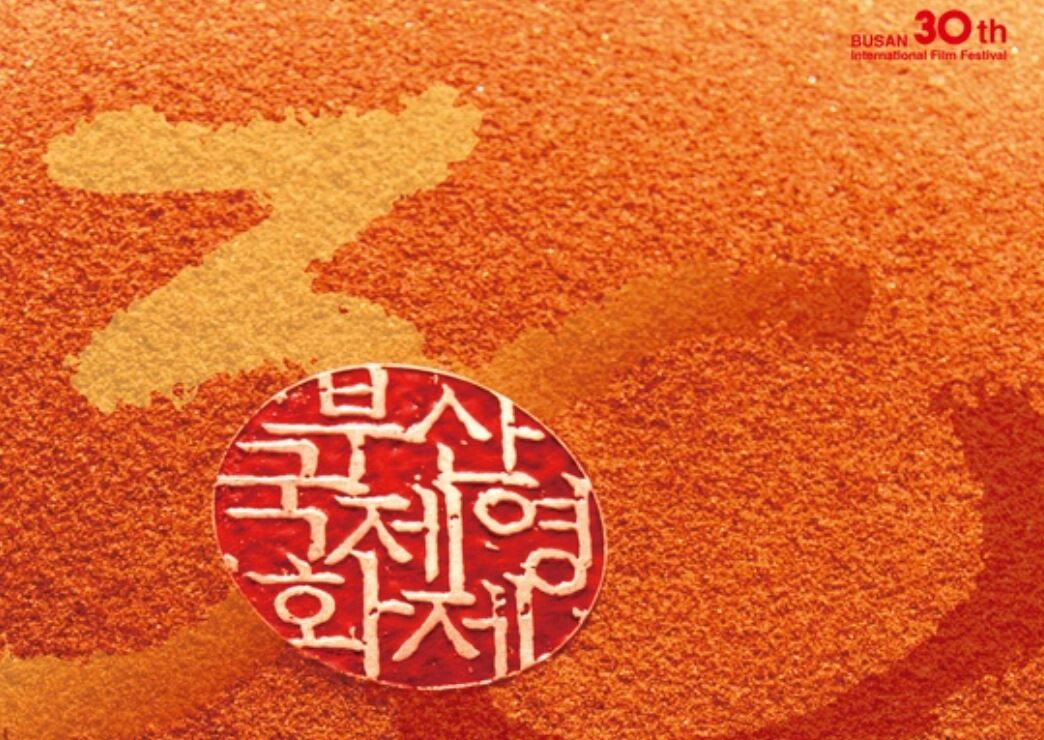Busan / When autumn breezes replace the summer heat in Korea’s coastal city of Busan, cinephiles from across the globe converge for the Busan International Film Festival (BIFF). This year, the festival celebrates its 30th anniversary with what organizers call the largest and most ambitious lineup in its history.
Running Sept. 17 to 26 at the Busan Cinema Center and six other theaters, BIFF will showcase 328 films from 64 countries. Of those, 241 are official selections and 87 are part of the festival’s popular community program.
A Star-Studded Lineup
The guest list underscores the festival’s global reach. Legendary auteurs including Marco Bellocchio, Guillermo del Toro and Jafar Panahi — who won the Palme d’Or at Cannes this year — are expected to attend. Hollywood star Milla Jovovich and Taiwan’s Gwei Lun-mei will also walk the red carpet.
The opening film is “No Other Choice,” the latest black comedy from director Park Chan-wook, featuring a powerhouse cast of Lee Byung-hun, Son Ye-jin, Lee Sung-min, Park Hee-soon and Yeom Hye-ran. The story follows a middle-aged man who, after being abruptly laid off, resorts to extreme measures in his desperate search for work.
New Competition Section and Global Premieres
For the first time, BIFF introduces a Competition Section, bringing together 14 films from across Asia. The goal, organizers say, is to highlight Asian cinema through an Asian perspective — a move that could strengthen the festival’s identity as a hub for regional filmmaking.
Dozens of world premieres will also unfold in Busan. Korean highlights include Netflix’s “The Great Flood,” Jung Kyung-ho’s “Boss,” Ha Jung-woo’s directorial feature “The People Upstairs,” and the sequel “Audition 109.” International premieres range from a live-action adaptation of the hit Japanese animation “5 Centimeters Per Second” to “The Final Piece” starring Ken Watanabe and Kentaro Sakaguchi.
A Festival for the Audience
What sets BIFF apart from many other film festivals is its emphasis on audience participation. This year includes Korea’s first-ever sing-along screening of Netflix’s animated sensation “KPop Demon Hunters,” where fans will belt out hits like “Golden” and “Soda Pop.”
The popular Actors’ House program returns as well, featuring fan meet-and-greets with Son Ye-jin, Lee Byung-hun, Kim You-jung and Japanese star Kazunari Ninomiya. In another marquee program, Carte Blanche, prominent cultural figures such as director Bong Joon-ho, actor Gang Dong-won and journalist Sohn Suk-hee will present and discuss films that shaped their careers.
Honoring Asian Filmmakers
Awards remain central to BIFF’s identity. This year, the Asian Filmmaker of the Year award goes to Iranian director Jafar Panahi. Veteran Korean filmmaker Chung Ji-young will receive the Korean Cinema Award for his role in bringing national stories to the global stage, while Taiwanese director Sylvia Chang will be honored with the Camellia Award for advancing women’s roles in film.
The Question of “Asia’s Best”
Competing festivals across the region — Tokyo, Hong Kong, Shanghai — each have their own prestige. Yet BIFF’s blend of scale, diversity, world premieres, and robust public engagement arguably sets it apart. For three decades, it has positioned itself not just as a showcase for world cinema, but as a platform for Asian voices, bridging filmmakers, audiences and the global industry.
With its 30th edition, Busan makes a convincing case that it is more than a major Asian festival — it may very well be Asia’s premier film festival.
Sayart / Joy nunimbos@gmail.com









